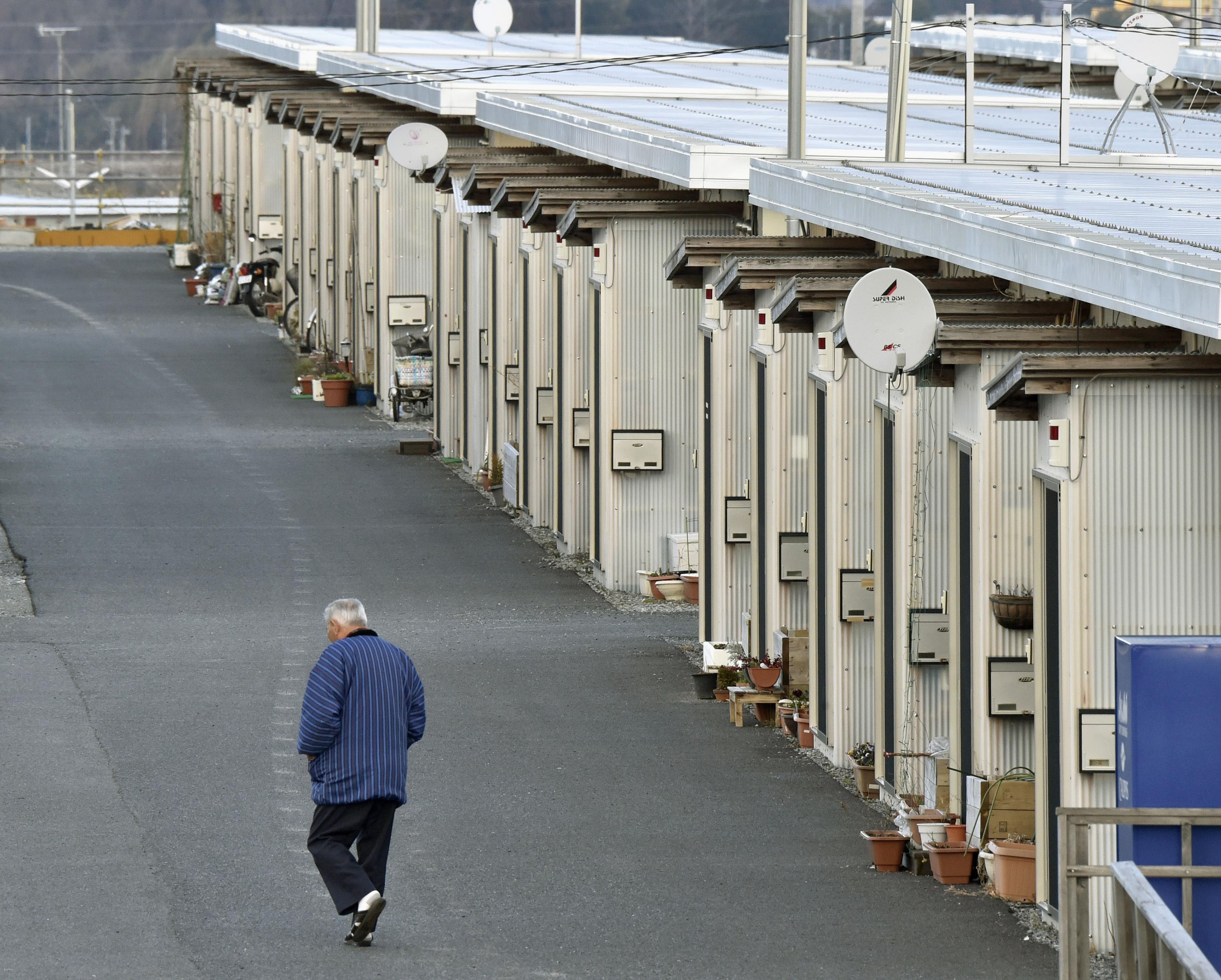The NHK travel program "Tsurube no Kazoku ni Kampai" ("Tsurube Toasts Families") recently aired a two-parter about the town of Watari in Miyagi Prefecture, which was devastated in the March 11, 2011, tsunami. In the series, rakugo storyteller Shofukutei Tsurube and a celebrity guest visit small towns unannounced and try to get to know some residents. The encounters are casual and highlight the special qualities of the area, but the basic aim is to show the close bonds that define a community.
These bonds — kizuna in Japanese—were aggressively promoted by the media in the aftermath of the 2011 tragedy as a means of helping the victims endure their misfortune, the idea being that solidarity would see them through. But while Tsurube and his guest, actress Shinobu Otake, met people who seemed to be doing fairly well four years after the disaster, there wasn't as strong a sense of community as you usually see on the show. The landscape of Watari still shows the effects of the tsunami, and the people, while resilient, can't really get through a day without being reminded of what they lost — specifically loved ones and property, but more generally, as one person put it, a "settled life."
This unease is most persistent in areas that were evacuated due to radioactive contamination caused by the accident at the Fukushima No. 1 nuclear power plant. Some of the people affected have been allowed to go back to their homes, or what's left of them. However, a larger number remain in limbo not just due to radiation concerns, but because their neighborhoods have yet to be rebuilt. They don't know when they can return, and are becoming less confident that they ever will.



